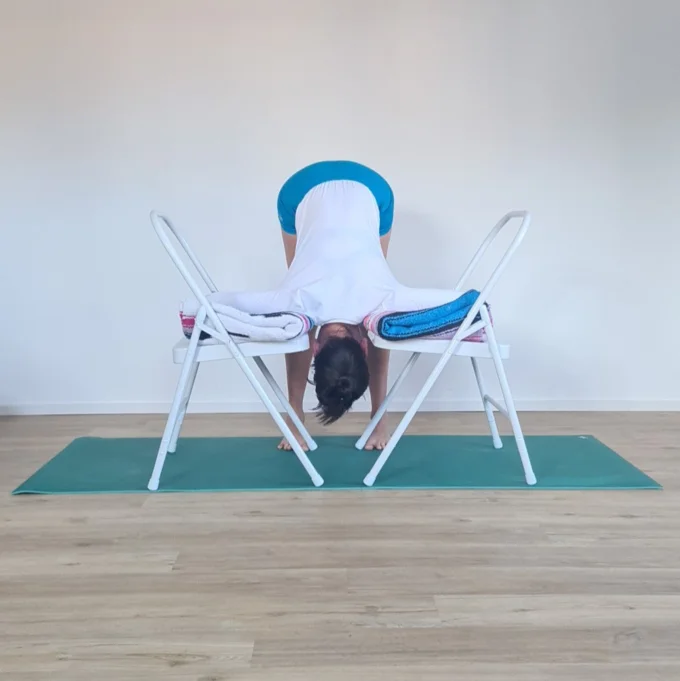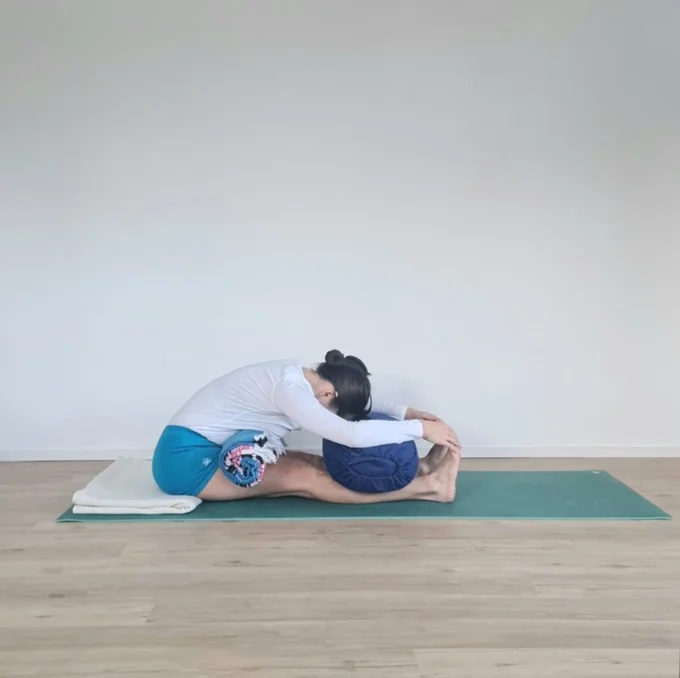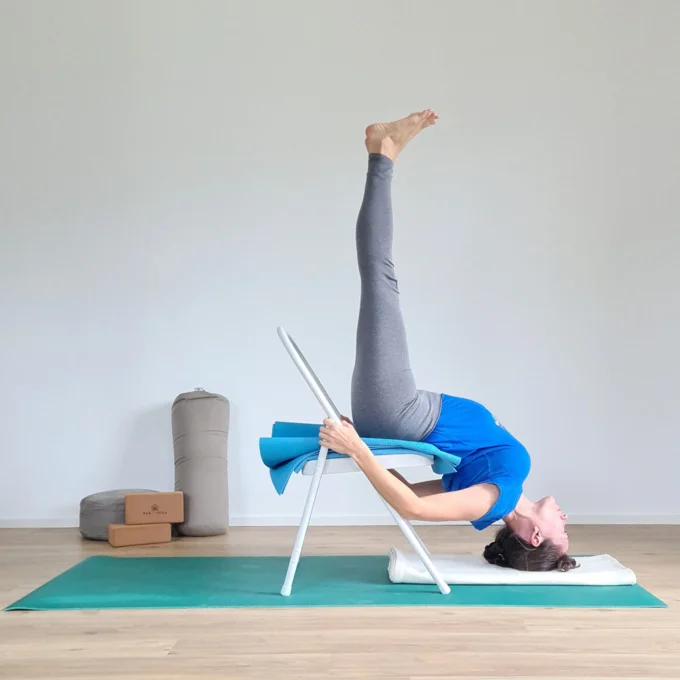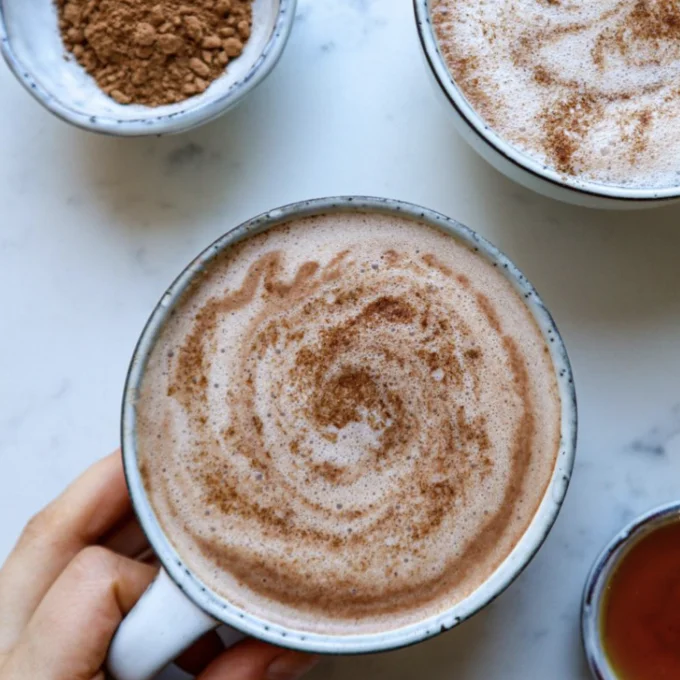In today's fast-paced world, we are constantly bombarded with information, obligations, and expectations, making emotional stability seem increasingly out of reach. Many of us find ourselves caught in a cycle of stress, anxiety, and burnout, forgetting that simple yet effective tools exist to help us regain our inner peace. One of the most powerful paths to balance is yoga.

The nervous system and the impact of stress
Have you ever wondered why stress has such a profound effect on the body? The answer lies in our nervous system, which acts as an invisible conductor of our daily lives.
When under pressure, the sympathetic nervous system—often called the “fight or flight” response—activates. The heart rate increases, breathing becomes shallow, muscles tense, and stress hormones like cortisol and adrenaline flood the body. This is a natural survival mechanism, but in today’s world, it often traps us in chronic tension.
On the other hand, the parasympathetic nervous system acts as our internal brake, slowing the heart rate, relaxing muscles, deepening the breath, and allowing for regeneration. Yoga is one of the most effective tools for activating this system, helping the body transition from stress to relaxation through specific postures and breathing techniques.

Iyengar yoga: precision and therapeutic benefits
B.K.S. Iyengar, one of the most influential yoga teachers of the 20th century, developed an approach that emphasizes precision, correct body alignment, and the use of props like blocks, straps, and blankets. His method is particularly effective for those dealing with stress, as it allows for a gradual and safe deepening of practice while enhancing body and mind awareness.
Iyengar yoga teaches that the body and mind are directly connected and that proper alignment not only improves physical well-being but also contributes to emotional stability. When the body feels steady and balanced, the mind follows suit.

Yoga as a tool for emotional stability
Through regular yoga practice, we can improve our ability to handle stress by regulating the nervous system, improving breath control, and reducing physical tension.
Some of the most beneficial poses for activating the parasympathetic nervous system and promoting deep relaxation include:
- Prasarita Padottanasana (Wide-legged forward fold) – Calms the mind and releases built-up tension in the body.
- Viparita Karani (Legs-up-the-wall pose) – Encourages circulation, reduces fatigue, and brings a sense of lightness.
- Paschimottanasana (Seated forward bend with head support) – Aids in inner calm, relaxes the back, and alleviates anxiety.
In addition to asanas, pranayama (breathwork) plays a key role. Techniques like Nadi Shodhana (Alternate Nostril Breathing) and Bhramari (Humming Bee Breath) help quiet the mind and reduce stress.
SAVE THE DATE
- Online workshop: Yoga for emotional stability
- Sunday, March 9, 2025, 10 a.m. to 12:30 p.m.
- Online live via zoom
- Language: English
- including 30 days of video recording
- Cost: 35 euro
- Book here
Nutrition and adaptogens for inner balance
Beyond yoga, nutrition plays a crucial role in our emotional state. When under stress, the body depletes essential nutrients, making it important to support it with quality foods.
Adaptogens such as ashwagandha, reishi, and tulsi help the body adapt to stress and build resilience.

Adaptogenic cacao recipe
This nourishing and soothing drink is a great way to support your nervous system and enjoy a moment of relaxation.
Ingredients:
- 500 ml plant-based milk (oat, almond, or coconut)
- ½ tsp ashwagandha
- 1 tsp cinnamon
- 1 tsp ginger
- 2 tbsp raw cacao powder
- 1 tbsp maple syrup
- ½ tsp reishi mushroom powder
- ½ tsp tulsi powder
Instructions:
- Heat the milk in a small pot (do not boil).
- Add all ingredients and stir well.
- Sweeten to taste and enjoy as a warm, calming drink before bed or after yoga.
Emotional stability is not achieved overnight—it requires consistent practice and self-care. Yoga, mindful breathing, proper nutrition, and adaptogens are powerful tools that help us find our inner peace.
By taking small, intentional steps every day, we build a foundation for a more balanced and fulfilling life. Make space for yourself, take a deep breath, and allow yoga to become your anchor in everyday life.

